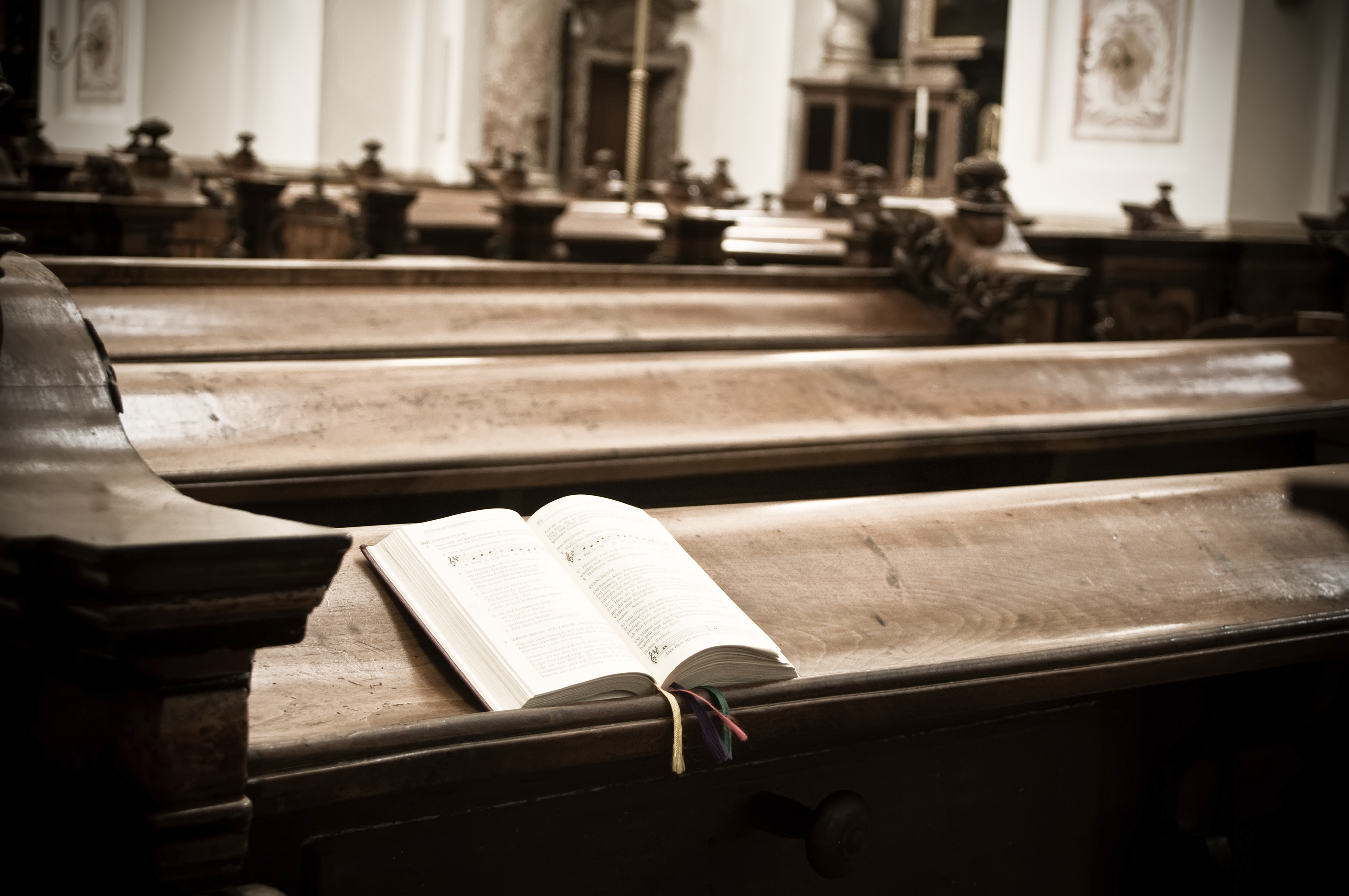I’m hunched over the church’s laptop before the service begins. I had prepared the playlist with contemporary Christian artists. But as the pews begin to fill, I reconsider. I move the mouse to find the 200-year-old hymns in my iTunes library. With a click, the pianist inside the computer begins.
I nudge the volume two notches higher than I usually do for a church prelude. The notes of the cyber-pianist crescendo. Yes, I love contemporary praise songs, but my soul reverberates praise with songs of Katherine Hankey and William Fischer, Charles Wesley and Martin Luther.
For I Love To Tell The Story and I cling to The Old Rugged Cross. And I know the One who breaks the cruel oppressor’s rod, for He is the Mighty Fortress.
And oh! What a Friend We Have in Jesus!
An old farmer is sitting alone, at the end of an empty row. He lifts his head when the notes dance toward him. He looks my way, grinning. I return a smile. He rises from his seat and shuffles toward me, while mouthing two words: Thank you.
I shake the hand of this man, who has sung these hymns for more than 80 years, right here on this same hallowed ground, and I think, “I ought to be thanking you, sir.”
We talk about how hymns carry timeless truths, and how it would be a shame for children to grow up without knowing them, and how these songs have withstood the centuries, bound in books and hearts. They were the songs of the slave, the grieving widow, the errant child, the soldier in the foxhole, the pioneering father, the circuit-riding preacher, the martyr and the missionary.
He points to the computer, and asks if I’ve got his favorite song in there somewhere.
“It starts like this,” he says. Suddenly, the song rooted in his heart becomes the overflow of his mouth. He sings it a cappella.
I grab a hymnal, and turn to hymn 474 because praise is contagious.
He’s singing right there in the middle of the aisle, while ushers hand out bulletins. His gruff voice wobbles:
Children of the heav’nly Father
Safely in his bosom gather;
Nestling bird nor star in heaven
Such a refuge ne’er was given.
I join him on the second verse, with my notes an octave higher.
I’m singing words printed in the hymnal. He’s singing words printed on a heart. He knows all the words, because he knows all the words.
We finish the second verse, and he launches into the third. A teenage girl and her mother stand beside us, as silent witnesses to worship.
I’m afraid the lump in my throat might just rise up, and I’ll never be able to hit that D with tears so close to the surface. We finish the song, and worship is about to begin. But for us with songs imprinted on the soul, worship has already begun.
That old farmer, week after week, follows the words on the screen with the flashing pictures and driving beats. We point, click, worship. He always worships with us, because he knows that worship is not about a style, or a song, or a beat, or a volume, or a guitar, or a pipe-organ.
Worship is not about a song at all. It’s about a Person.
Week after week, the old farmer sings the songs I play. But on this day, I sing his.






















